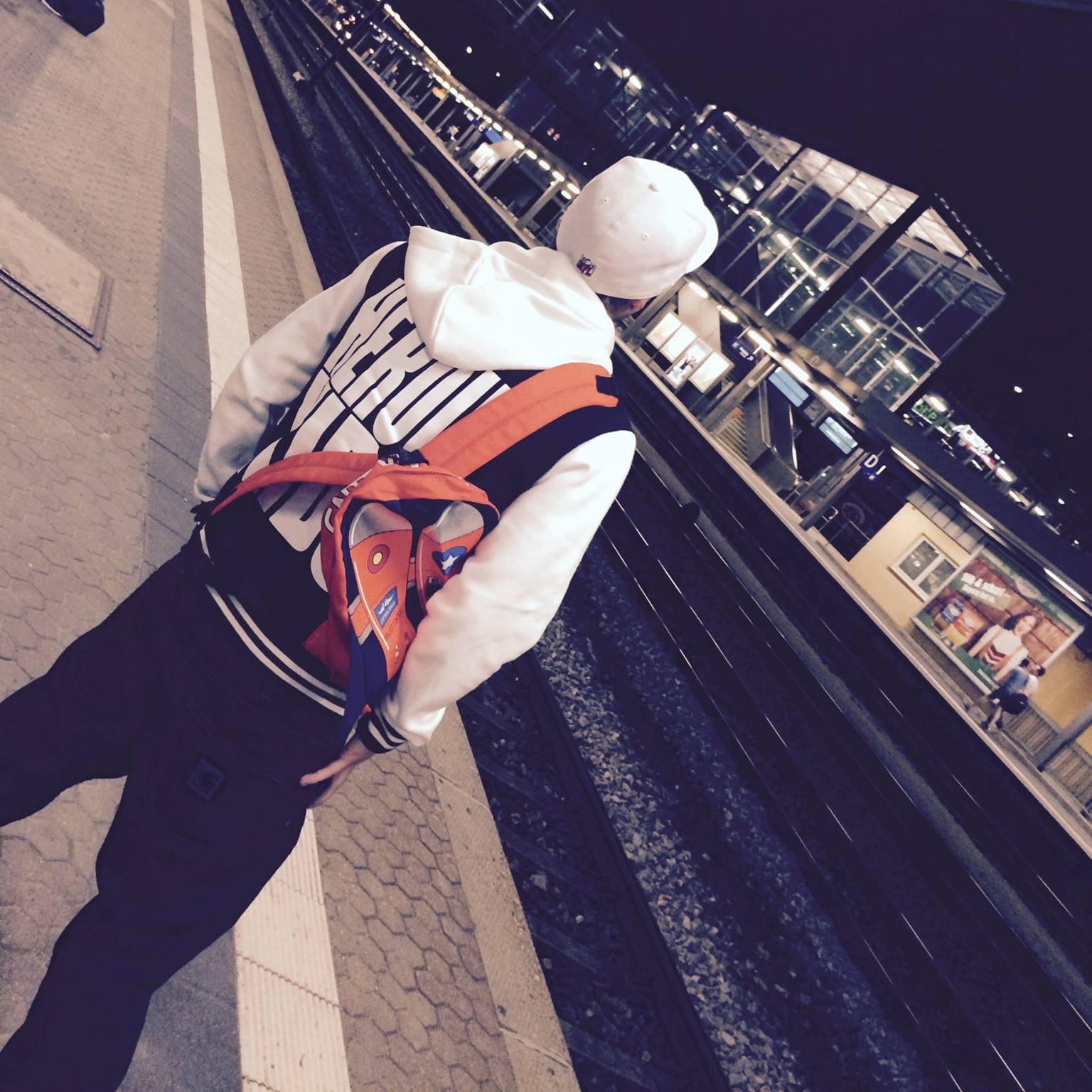Festival in the Geltrausch: Saudi Arabia finances culture in Salzburg!
Cultural cooperation between western institutions and Saudi Arabia: financial sponsors and moral challenges.
Festival in the Geltrausch: Saudi Arabia finances culture in Salzburg!
The search for sponsors from the Middle East picks up speed. While the Metropolitan Opera, the Salzburg Easter Festival and the Bayreuth Festival in Saudi Arabia, Qatar and China are looking for financial support, the cultural engagement there is increasingly being viewed. Backstage Classical reports that the Metropolitan Opera has already completed a $ 200 million deal with Saudi Arabia. From 2028, the renowned opera will be guest in Riad and some of its most famous productions, such as Mozart's "Magic Flute" and Puccini's "La Bohème".
Part of this agreement also provides that Saudi artists and technicians are being trained in the United States, which could certainly bring into the opera landscape for a breath of fresh air. The Salzburg Easter Festival, on the other hand, are looking for a new main sponsor in Qatar. Director Nikolaus Bachler emphasizes the hospitality of the Qataris, even if the human rights situation in the country is controversial.
Cultural exchange or moral dilemma?
The Bayreuth Festival, on the other hand, are planning to bring both old productions and a new production to Shanghai from 2025 to 2027. Katharina Wagner, the festival chief, emphasizes the importance of cultural exchange. However, reports on serious human rights violations in Saudi Arabia raise questions about the ethical responsibility of the cultural institutions. Amnesty International reports that in 2024 the highest number of executions in Saudi Arabia, which has ever been documented. In the course of the 2030 vision, the kingdom is aiming for a leading role on the international stage - a project that also requires a critical view in the context of human rights.
Some art and cultural workers, such as Ute Meta Bauer, who has been appointed curator of the Diriyah Biennale, are criticized because they are associated with a regime that is known for brutal violations of human rights. In March 2024, the Biennale under the patronage of the Saudi Crown Prince Mohammed Bin Salman was opened, which re -sparked the discussion about moral responsibility in the art business.
Opportunities and challenges for migrant work: inside
Another aspect of cultural engagement in Saudi Arabia is the conditions for migrant work: inside that often suffer from adverse circumstances. According to a report by Amnesty International, over 994,000 foreigners were arrested in 2024, of which 573,000 were deported to their home countries against their will. These drastic measures illustrate the partly catastrophic conditions under which many migrants have to live and work.
To improve the situation, some new regulations have been introduced - such as the limitation of working hours and the protection of wages - however, these do not correspond to international human rights standards. The sponsorship system, known as Kafala, continues to lead to considerable pressure and exploitation, with domestic workers in particular being often victims of serious labor law violations.
In summary, it can be said that the cultural exchange between the West and the Middle East has great opportunities, but also important challenges. While the financial engagement in Saudi Arabia is considered by many as a step in the right direction, it is essential to keep an eye on the moral responsibility of the cultural institutions and the human rights conditions on site. The dialogue about art and human rights must be continued in order to promote a balanced understanding between cultures. taz and Amnesty International provide important food for thought.

 Suche
Suche
 Mein Konto
Mein Konto
